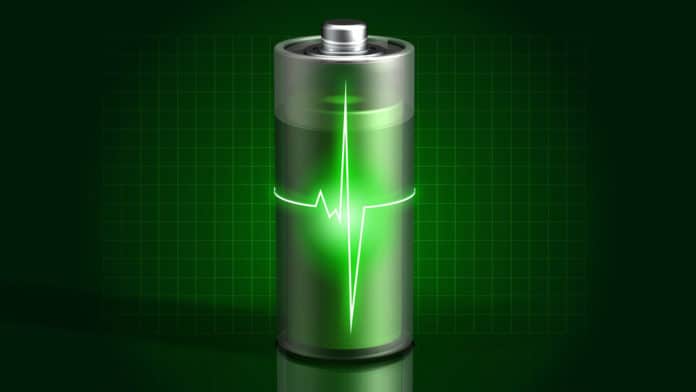Nearly three decades ago, we discovered the enormous potential of lithium-ion batteries and had been taking advantage of them ever since. They are now more flexible, last longer, have more capacity, and are 85% cheaper compared to 10 years ago. However, the risk of fire still exists; we still witnessed countless cases of lithium-ion batteries catching fire and exploding, causing users to be injured or even die.
Now, Japanese inventor Hideaki Horie, one of the Nissan Motor‘s leading researchers, has come up with a new type of battery, which is to reduce the production cost by up to 90% and, at the same time, make batteries safer. The scientist, with years of battery manufacturing experience, has left the automotive group to found his startup, APB Corp, with which he is ready to revolutionize the world of energy storage.
“The problem with making lithium batteries now is that it’s device manufacturing like semiconductors,” Horie said in an interview. “Our goal is to make it more like steel production.“
Horie’s innovation offers a polymer battery or “All-Polymers Battery” that says goodbye to the battery’s basic components – metal-coated electrodes and liquid electrolytes. They are replaced by the sheets with a 100% resin structure, which can be easily stacked to increase battery capacity. The choice of materials also ensures very high safety compared to traditional lithium-ion technology, as the resin does not risk catching fire.
This new approach significantly simplifies and speeds up production, making it “as easy as buttering a slice of bread.” The polymer battery will have a bipolar design, a type of architecture that allows for 10-meter-long battery sheets to be stacked on top of each other to increase capacity and reduce production cost. In addition, resin-based batteries do not catch fire when punctured.
However, polymer battery technology has some drawbacks that need to be addressed first. According to Menahem Anderman, president of Total Battery Consulting, polymers are not as conductive as metal, which can affect the battery’s ability to transmit electricity. Also, the bipolar design makes it impossible to monitor specific cells since they are tightly packed.
Anderman said lithium-ion batteries would remain the technology backbone for at least 15 years or more. The production cost is not cheap, and the battery is not perfect, but the replacement for the existing li-ion battery can only be a more advanced li-ion technology.
Earlier this year, APB Corp received capital from big names such as Obayashi Group, manufacturer of industrial equipment Yokogawa Electric Corp, and carbon fiber maker Teijin. Obviously, APB’s goal will not be to compete with the automotive energy storage giants. The goal is rather to make batteries for buildings and power plants.
Mass production is expected to take place early next year. Horie estimates the company fund will be enough for his plant to reach one gigawatt-hour capacity by 2023.
